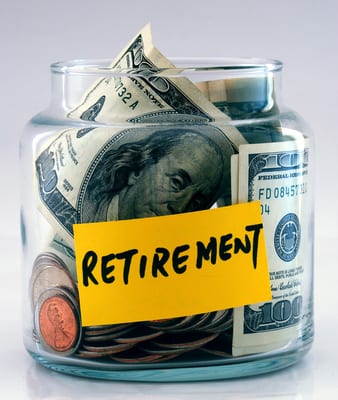
We’ve all heard the saying “Don’t keep up with the Jones”. What does it really mean? You are fine with your sofa and all is well with your family. Then your friends gets this really nice brand new sofa that is gorgeous. Then you start to think, my sofa is older, starting to look its age, maybe had a stain in the corner, you start to rationalize that you need a new sofa too.
Just because someone else gets something new, you don’t necessarily need that too. That’s keeping up with the Jones’. All of these steps are hard to do. You have friends and family showing you their new things, marketing showing you the bright shiny items that you love to own, but do you need it?
Needs and wants are a hard subject to learn. You have to come to some balance of what you want and what you can afford. So in my example above, you can do some thinking – there are choices in etween the current sofa and the new sofa:
- Current sofa
- Clean the sofa
- Buy a slip cover
- Reupholster the sofa
- Buy a second hand sofa
- Buy a new sofa
See how many choices that I just wrote out between the current sofa and the cost of a new sofa. Some of these in between steps may work better with your budget. You don’t always need to have the latest, greatest new item.
If financial independence is something that you aspire to, then you need to work on all three of these steps, to get your finances in order once and for all.
Save
 May and June were were challenging months for Dave as he was recovering from shoulder replacement surgery. This year instead of dinner out for Dave’s birthday, we had a party to celebrate. Many family and friends joined us to celebrate at our house.
May and June were were challenging months for Dave as he was recovering from shoulder replacement surgery. This year instead of dinner out for Dave’s birthday, we had a party to celebrate. Many family and friends joined us to celebrate at our house. Saving money is all about packing right and light.
Saving money is all about packing right and light.



 What’s your emergency savings account look like? Suze Orman suggests that you have eight months of income in your emergency savings. Dave Ramsey and Jean Chatzky both say 3 to 6 months. Hello Wallet suggest that you think of emergency saving in three ways – minor emergencies, major emergencies and job loss. Bottom line, you need an emergency savings account.
What’s your emergency savings account look like? Suze Orman suggests that you have eight months of income in your emergency savings. Dave Ramsey and Jean Chatzky both say 3 to 6 months. Hello Wallet suggest that you think of emergency saving in three ways – minor emergencies, major emergencies and job loss. Bottom line, you need an emergency savings account.